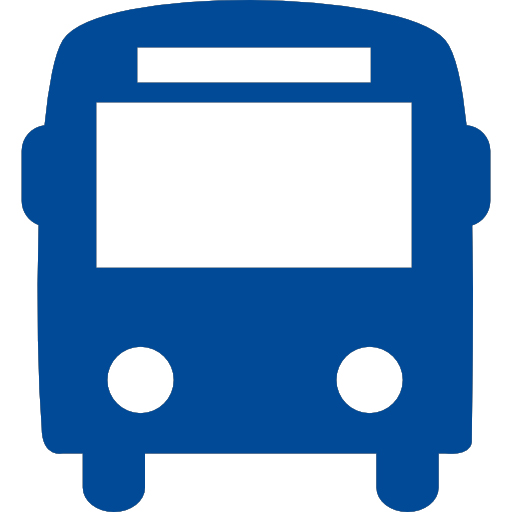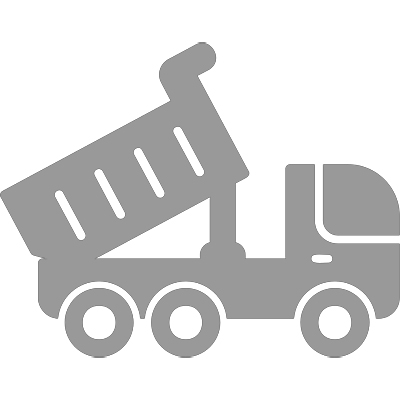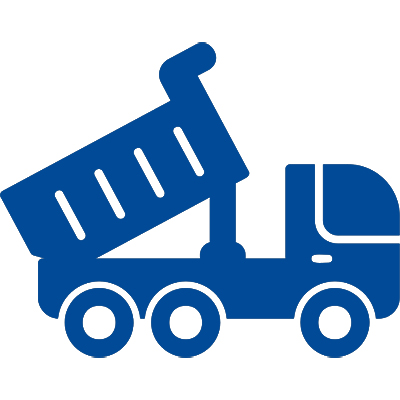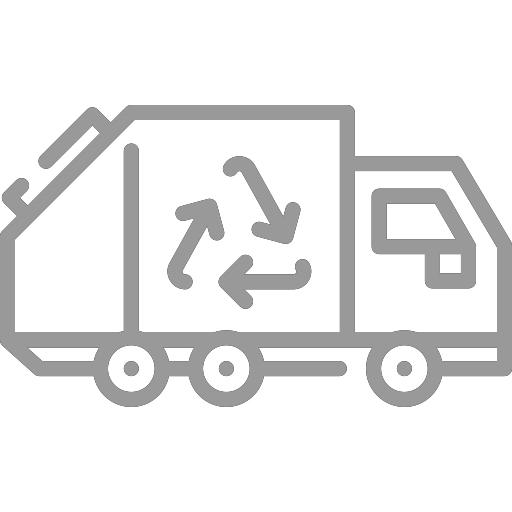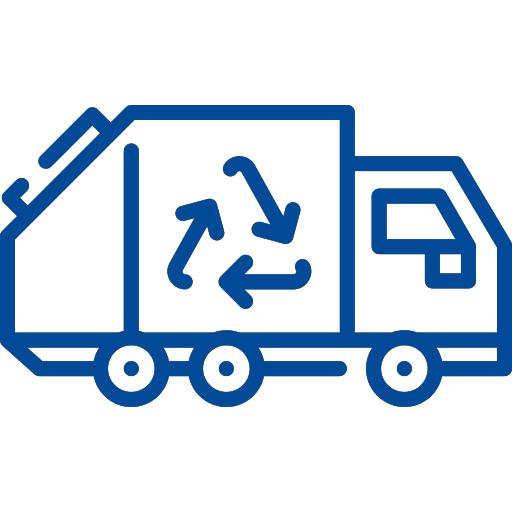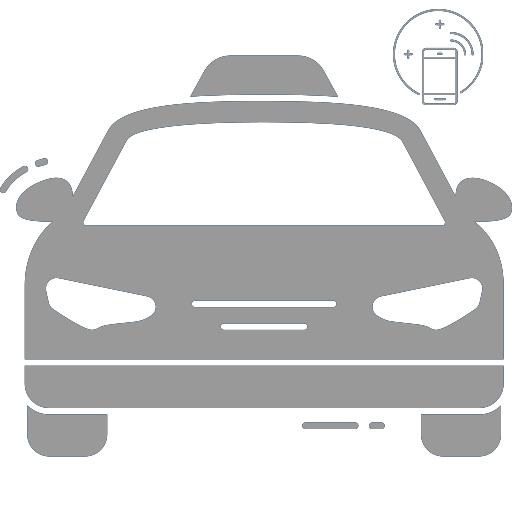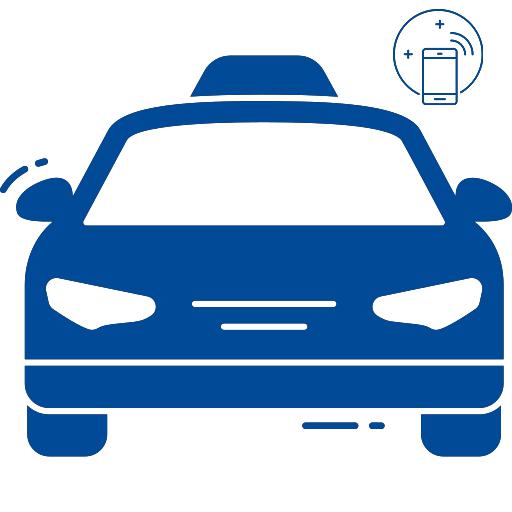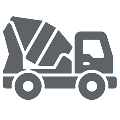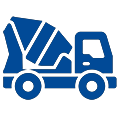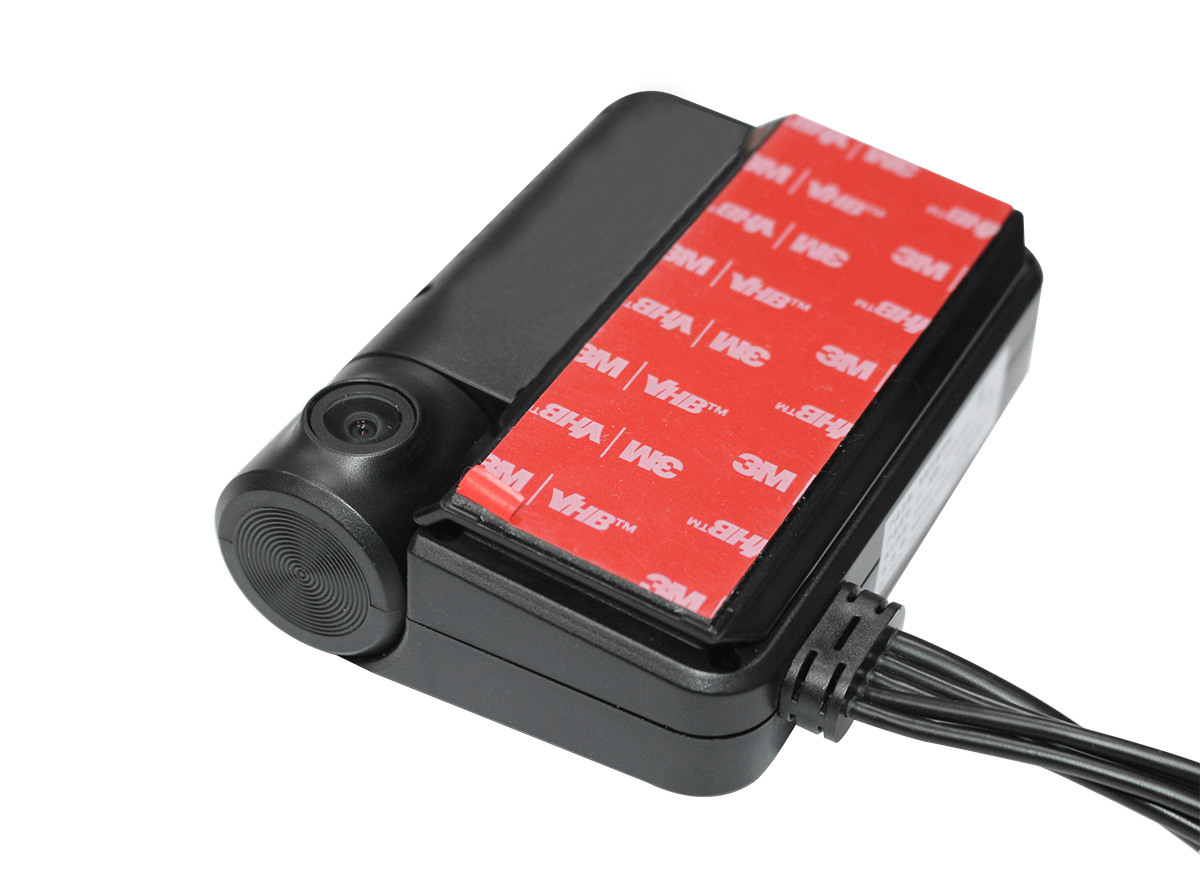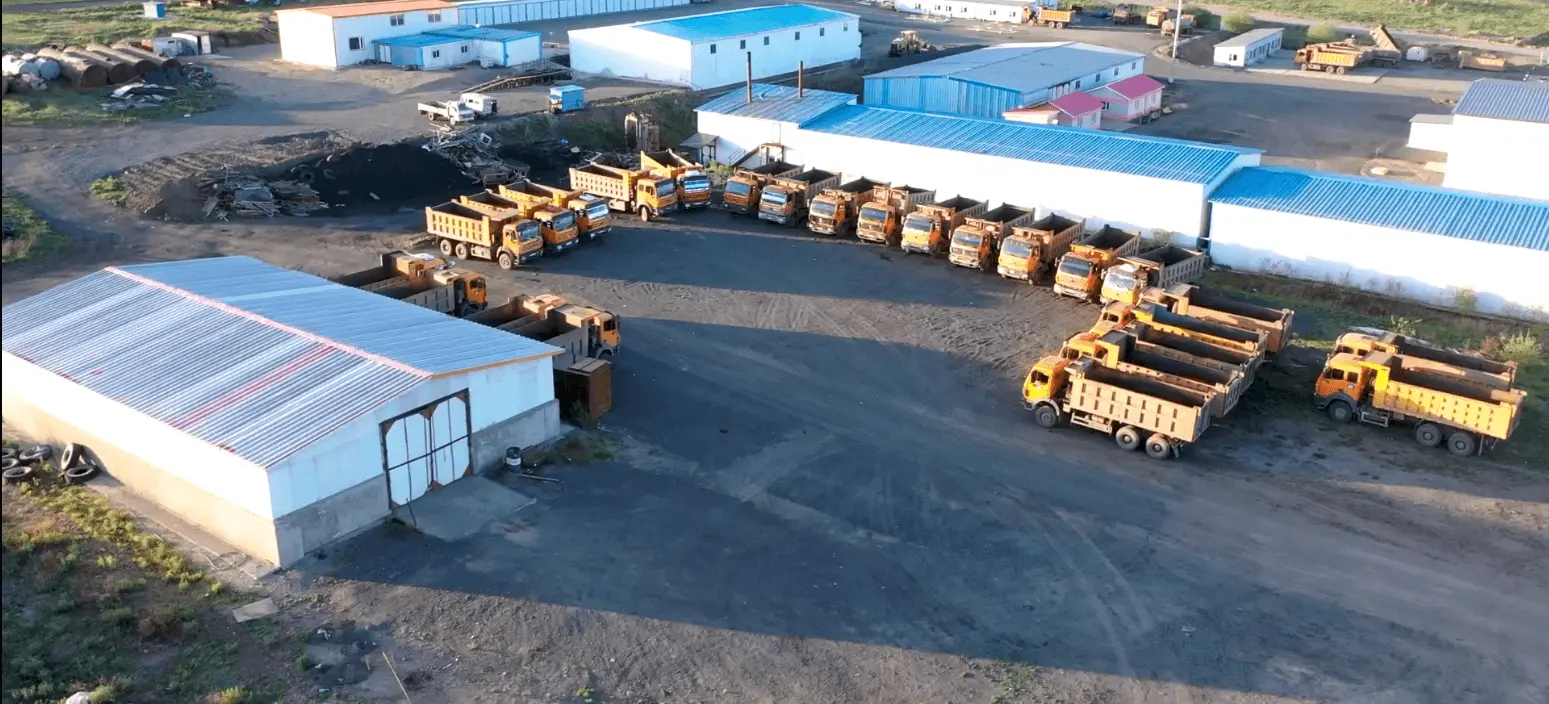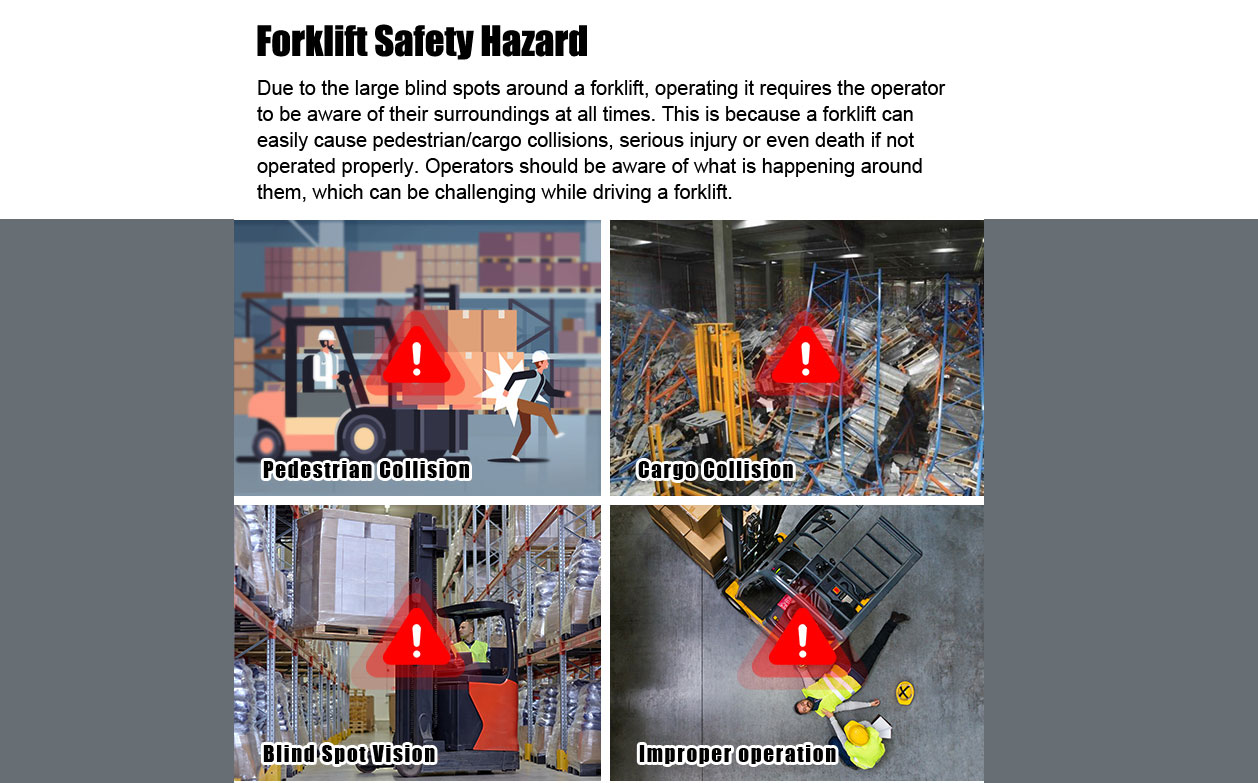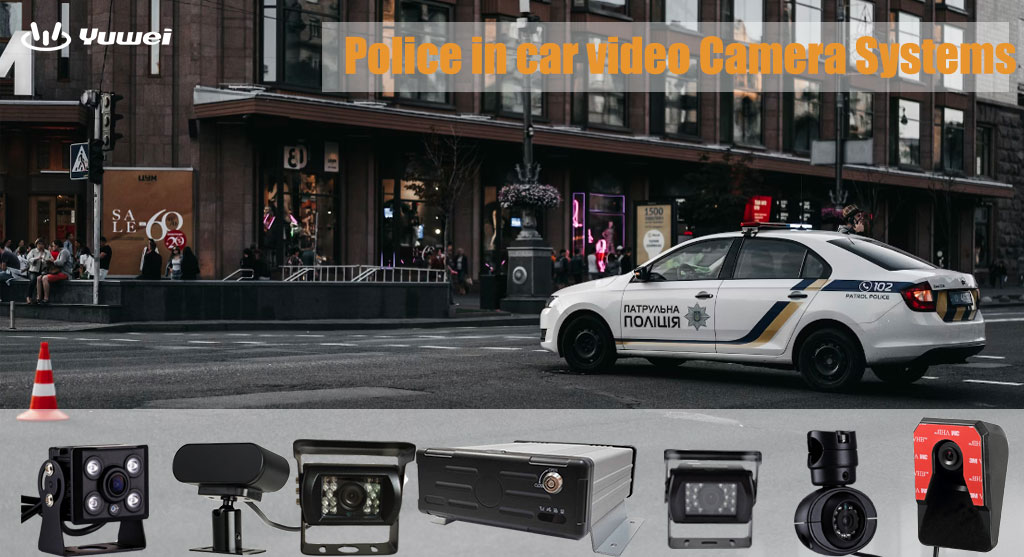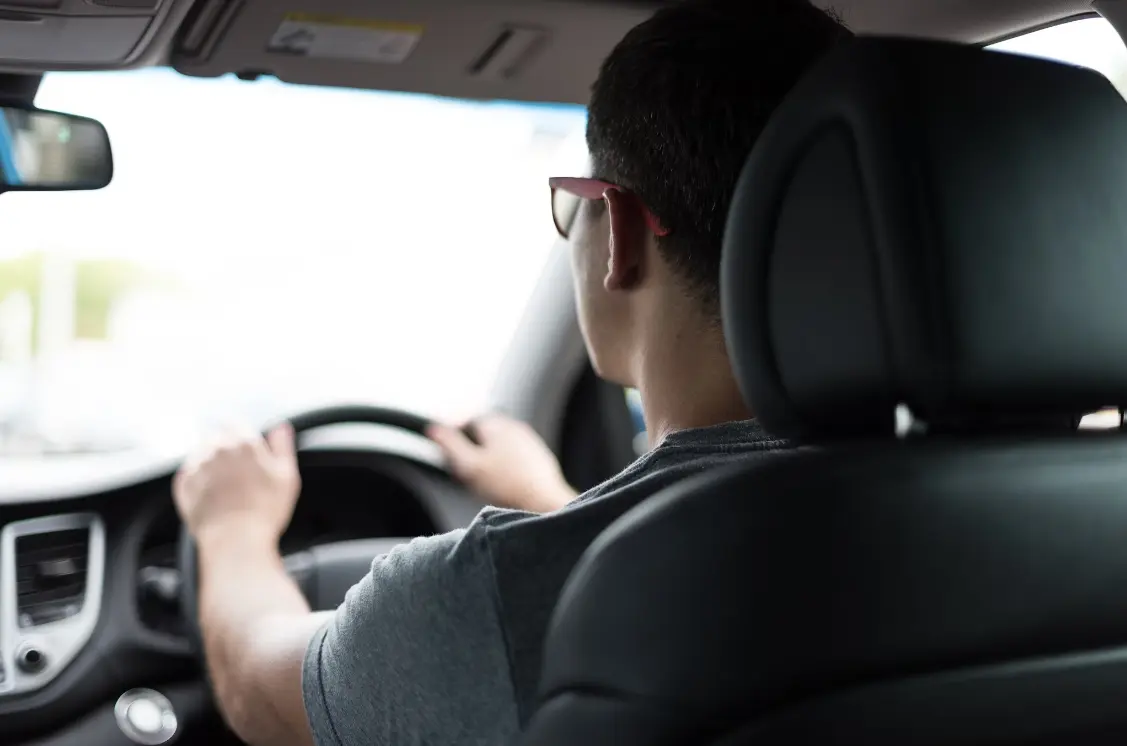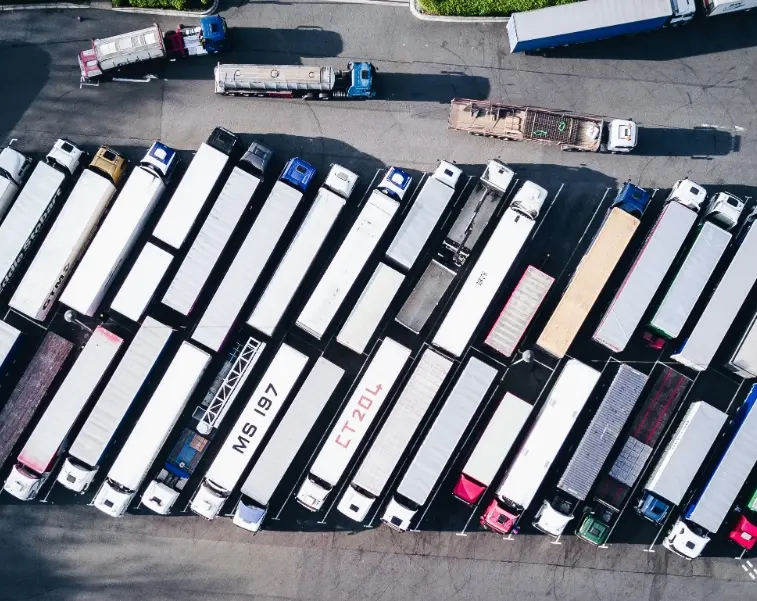Description of Vehicle Surround View Camera System V5
What is a vehicle surround view camera system
The vehicle surround view camera system is to provide the driver with a 360-degree view of the area around the vehicle. The surround view system usually consists of four to six fisheye cameras installed around the vehicle. For example, one on the front bumper, another on the rear bumper, There is one under each side mirror.
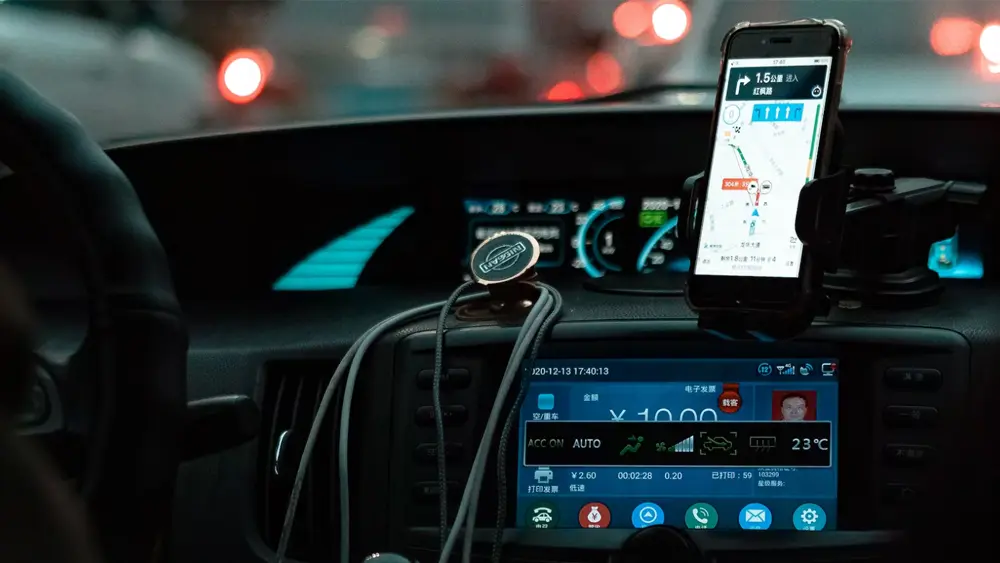
yuweitek vehicle surround view camera system V5 is composed of camera, dashcam, and management platform. It adopts Linux system and supports up to 4 cameras inside and outside the car, and real-time local audio and video recording. It supports dual TF card audio and video storage, 4G network real-time video transmission and Beidou/GPS positioning. It can have built-in active safety algorithm to realize safe driving warning function. It is widely used in online car-hailing, taxis, urban logistics vehicles, and official vehicle video surveillance industries.
Smart AI Function:
1)Support face recognition function: face recognition sign-in can be realized;
2)People counting: calculate the number of people in the car through the algorithm calculation of the camera in the car;
3)Not wearing a mask recognition function: The terminal can detect whether the driver is wearing a mask, and if not wearing a mask, it will generate a voice prompt and report to the platform for alarm.
alarm type | illustrate | Default enable condition |
face recognition | The platform registers driver information, the terminal voice prompts "personnel registration is successful", and manually triggers the face recognition operation Successful voice prompt: driver identification successful Failed voice prompt: abnormal driver recognition | Manually short press the emergency button for 1 second to trigger recognition, or the platform configures timing detection
|
Mask recognition | Monitor the wearing of masks by all personnel in the car, and send an alarm if they do not wear them, reminding them to wear masks Voice prompt: Please wear a mask | Speed ≥ 20km/h (Test once every 5 minutes , multiple people can be detected) |
Advanced Driver Assistance Function (ADAS)
alarm type | illustrate | Default enable condition | Remark |
Forward Collision Warning (FCW) | Real-time monitoring of the distance between vehicles in front can warn the driver as early as 2.7 seconds before the collision is expected to prevent rear-end collisions Voice prompt: Collision hazard | Speed ≥ 30km/h | Optional |
lane departure warning (LDW) | Monitor the current lane markings and vehicle trajectory, and send an alarm when the lane is about to deviate unintentionally, reminding the driver to keep driving in a safe lane Voice prompt: Lane departure | Speed ≥ 30km/h | Optional |
Vehicle distance monitoring and early warning (HMW) | Display the distance of the vehicle in front (in seconds), and warn when approaching the preset dangerous distance Voice prompt: Please keep the distance between vehicles | Speed ≥ 30km/h | Optional |
PCW
alarm type | illustrate | Default enable condition | Remark |
pedestrian collision | Monitor pedestrians appearing in a rectangular area 30m in front of the vehicle and 1.8m on both sides of the vehicle center, and give an early warning (~2s) at the dangerous distance (in seconds) Voice prompt: please pay attention to pedestrians | Speed ≥ 30km/h | Optional |
cyclist crash | Monitor cyclists (including bicycles, electric vehicles, motorcycles, etc.) appearing in a rectangular area 30m in front of the vehicle and 1.8m on both sides of the vehicle center, and give an early warning (~2s) at the dangerous distance (in seconds ) Voice prompt: please pay attention to pedestrians | Speed ≥ 30km/h | Optional |
Zebra crossing alarm | A zebra crossing appears in front of the vehicle and reaches the trigger range Voice prompt: Please pay attention to the pedestrian zebra crossing ahead, drive slowly | Speed ≥ 30km/h | Optional |
front car start | The timing starts when the vehicle speed is 0. After 8 seconds, if the distance between the vehicle and the vehicle in front exceeds 2 meters, the voice will prompt the driver Voice prompt: The vehicle in front starts | speed = 0 km/h | Optional |
low speed frontal collision | Real-time monitoring of the front vehicle distance under low-speed driving conditions , which can warn the driver before a collision is expected Voice prompt: Collision hazard | Speed ≥ 30km/h | Optional |
Traffic sign recognition
alarm type | illustrate | Default enable condition | Remark |
maximum speed limit | When the maximum speed limit sign is detected, the voice prompts the driver to limit the speed Voice prompt: Maximum speed limit xx | Speed>0km/h | Optional |
No Parking | When the vehicle speed is 0 , a stationary stop sign is detected, and the voice alarm prohibits parking Voice prompt: no parking | speed = 0 km/h | Optional |
Note:
1) It can be used in most scenes such as day, night, tunnel, rainy day (except extreme weather);
2) Support ADAS occlusion failure prompt.
Driver status monitoring function (DSM)
alarm type | illustrate | Default enable condition | Remark |
Fatigue driving warning | Identify the state of continuous eye closure and yawning (divided into mild and severe two levels) Voice prompt: Danger, please pay attention | Speed ≥ 30km/h | Optional |
distraction alert | Recognize the continuous state of turning the head left and right and the state of lowering/raising the head Voice prompt: please pay attention to the road conditions | Speed ≥ 30km/h | Optional |
call alarm | Recognize phone gestures Voice prompt: please do not call | Speed ≥ 30km/h | Optional |
smoking warning | Recognize smoking posture Voice prompt: please do not smoke | Speed ≥ 30km/h | Optional |
Driver Change Reminder | The current detected face is different from the last time Voice prompt: The driver is abnormal | Speed ≥ 30km/h | Optional |
Failure reminder | Device shield failure alarm Voice prompt: please do not block | Speed ≥ 3 0km/h | Optional |
Infrared glasses blocking alarm Voice prompt: Please wear suitable glasses | Speed ≥ 3 0km/h | Optional | |
face recognition | Face recognition through local face database | Optional |
Blind spot monitoring function ( BSD )
alarm type | illustrate | Default enable condition | Remark |
Container safety inspection | When there is scrap steel in the container and someone enters the calibration area, an alarm will be triggered Voice prompt: Warning, steel scrap is stolen | Need to use dedicated camera | Optional |
Fuel tank safety inspection | If a person is detected in the calibration area for 2 seconds, an oil theft alarm will be triggered Voice prompt: warning, fuel stolen | Need to use dedicated camera | Optional |














